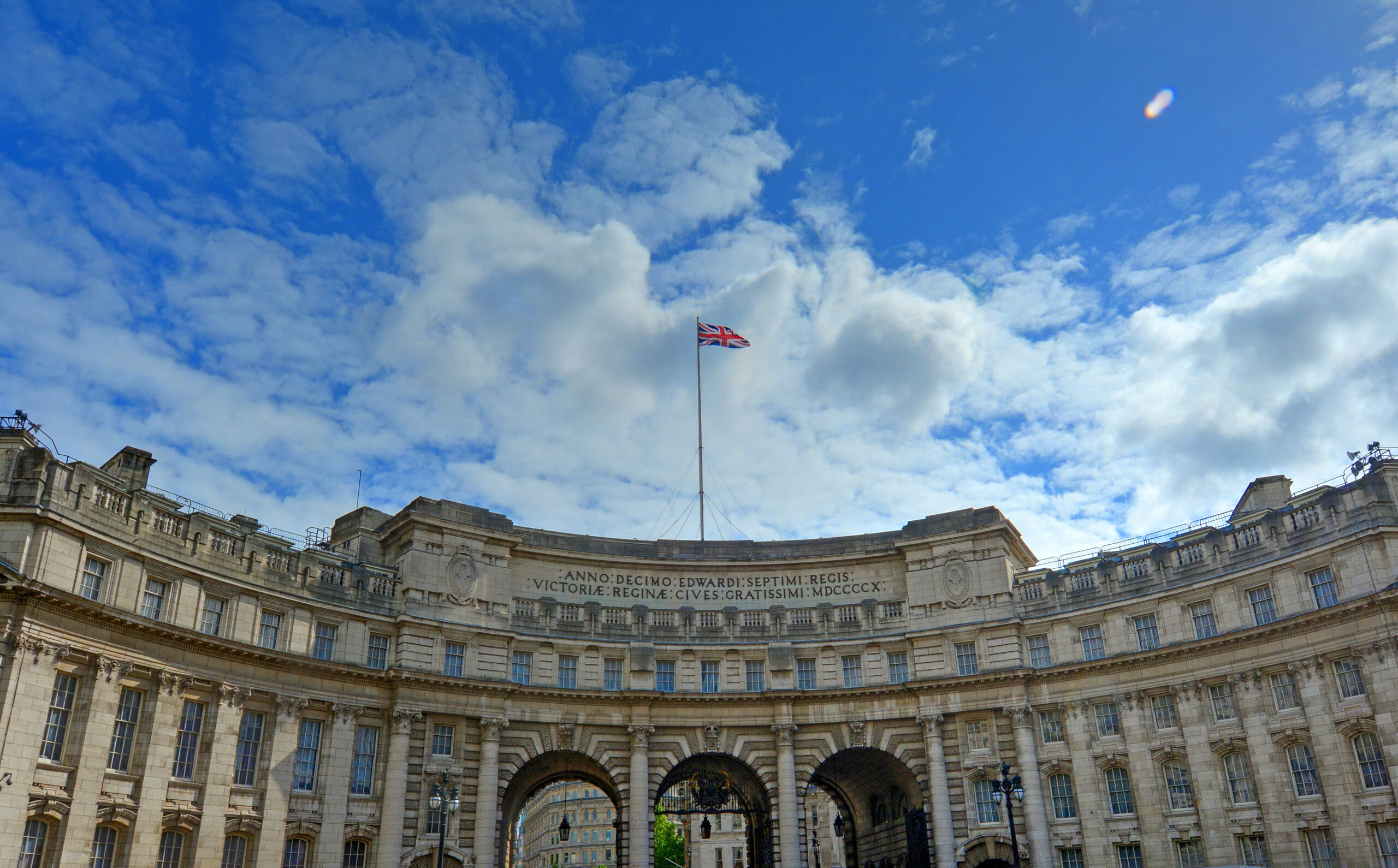The British monarchy’s legacy portfolio of land and property holdings has seen an unprecedented increase in profits, reaching a record £1.1 billion.
This surge is primarily attributed to the booming offshore wind sector, which has significantly contributed to the Crown Estate’s financial success.
According to the latest financial reports, the Crown Estate’s profits rose by £658.1 million in the last fiscal year, up from £442.6 million, largely due to fees charged to offshore wind developers.
The Crown Estate’s substantial portfolio
The Crown Estate, valued at £15.5 billion, plays a crucial role in British royal finances. It owns an extensive array of property and a valuable stretch of seabed surrounding England, Wales, and Northern Ireland.
This seabed, which extends up to 12 nautical miles from the coast, has become increasingly lucrative as the demand for offshore wind energy has grown.
Over the past decade, the Crown Estate has contributed approximately £4 billion to the UK Treasury, showcasing its financial importance to the nation.
Offshore wind: A boon for the Crown Estate and the UK
The rapid growth of the offshore wind sector has been a significant driver of the Crown Estate’s recent financial success. In 2023, offshore wind generated 17% of the UK’s electricity, underlining its critical role in the country’s energy landscape.
With 15GW of operational offshore wind capacity, the UK is the largest market for this technology outside of China.
The government aims to expand this capacity to 55GW by 2030, aligning with its goal of achieving net-zero carbon emissions from electricity supplies by the same year.
However, the future success of offshore wind expansion heavily depends on the government’s annual auction rounds for support contracts.
Last year, developers largely shunned the auction, citing insufficient support to offset rising equipment and financing costs.
This year’s auction outcomes will be pivotal in determining whether the UK can meet its ambitious offshore wind targets.
Temporary boost from option fees
The recent surge in Crown Estate profits is partly due to option fees paid by developers to secure sites for offshore wind farms.
While these fees have provided a significant short-term boost, Crown Estate chief executive Dan Labbad cautioned that this income is temporary and will “normalize” as more wind farms become operational and generate steadier revenue streams.
Commercial property recovery and legislative changes
Beyond the offshore wind sector, the Crown Estate’s commercial property holdings have also shown signs of recovery following the impact of the COVID-19 pandemic.
Revenue from the Estate’s London portfolio, which includes prominent locations like St James’s and Regent Street, grew by 3.2% to £229.7 million, driven by a resurgence in demand for office space.
Despite the positive revenue growth, the value of these holdings declined by £443.3mn to £8.4bn due to rising interest rates.
However, Labbad indicated that property valuations might be nearing the bottom of the cycle, with rents on shops and offices already showing signs of recovery.
The Crown Estate’s future prospects have been further bolstered by new legislation allowing it to borrow for the first time.
The Estate plans to maintain a conservative level of debt, targeting about 10-20% of its assets over time, which will provide additional financial flexibility.
The sovereign grant and its implications
The profits generated by the Crown Estate are paid into the Treasury, and a portion of this income is used to calculate the “sovereign grant,” which supports the monarch’s official duties.
In a review last year, it was recommended that the grant’s size be decreased from 25% to 12% of the Crown Estate’s profits, partly to account for the windfall from offshore wind deals.
This adjustment is intended to maintain the grant at £86.3 million for 2024-25, before rising to £124.8 million in 2025-26 and £126mn in 2026-27.
This grant, which had been increased by 10% in 2016 to fund major renovations of Buckingham Palace, underscores the financial interplay between the Crown Estate’s earnings and the royal family’s official expenses.
It is important to note that the King has no direct role in managing the Estate, which is overseen by an independent board.
A robust financial outlook tempered by future uncertainties
The British monarchy’s record earnings from the Crown Estate highlight the substantial financial benefits of the offshore wind sector and the ongoing recovery of commercial property holdings.
While the recent profit boost from option fees for wind farm sites is expected to normalize, the Estate’s overall financial health appears strong, supported by legislative changes and a cautious approach to debt.
As the UK continues to push towards its renewable energy goals, the Crown Estate’s role in facilitating this transition will remain pivotal.
However, the future success of offshore wind auctions and the broader economic environment will be critical in sustaining these financial gains.
The evolving dynamics of the sovereign grant also reflect the intricate balance between public revenue and royal expenditure, ensuring that the monarchy’s finances remain a topic of ongoing public interest.
The post British monarchy’s Crown Estate profits hit record £1.1 billion amid booming offshore wind sector appeared first on Invezz























